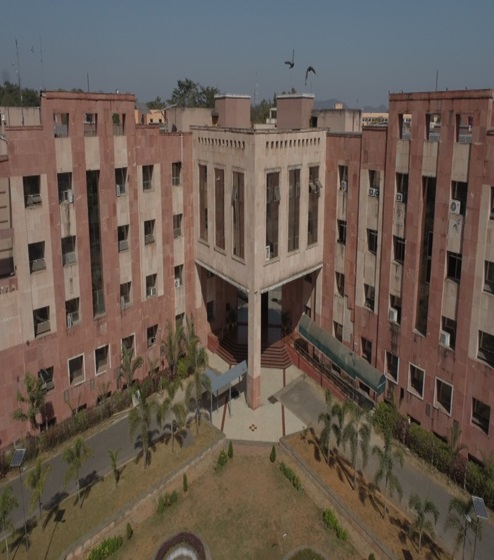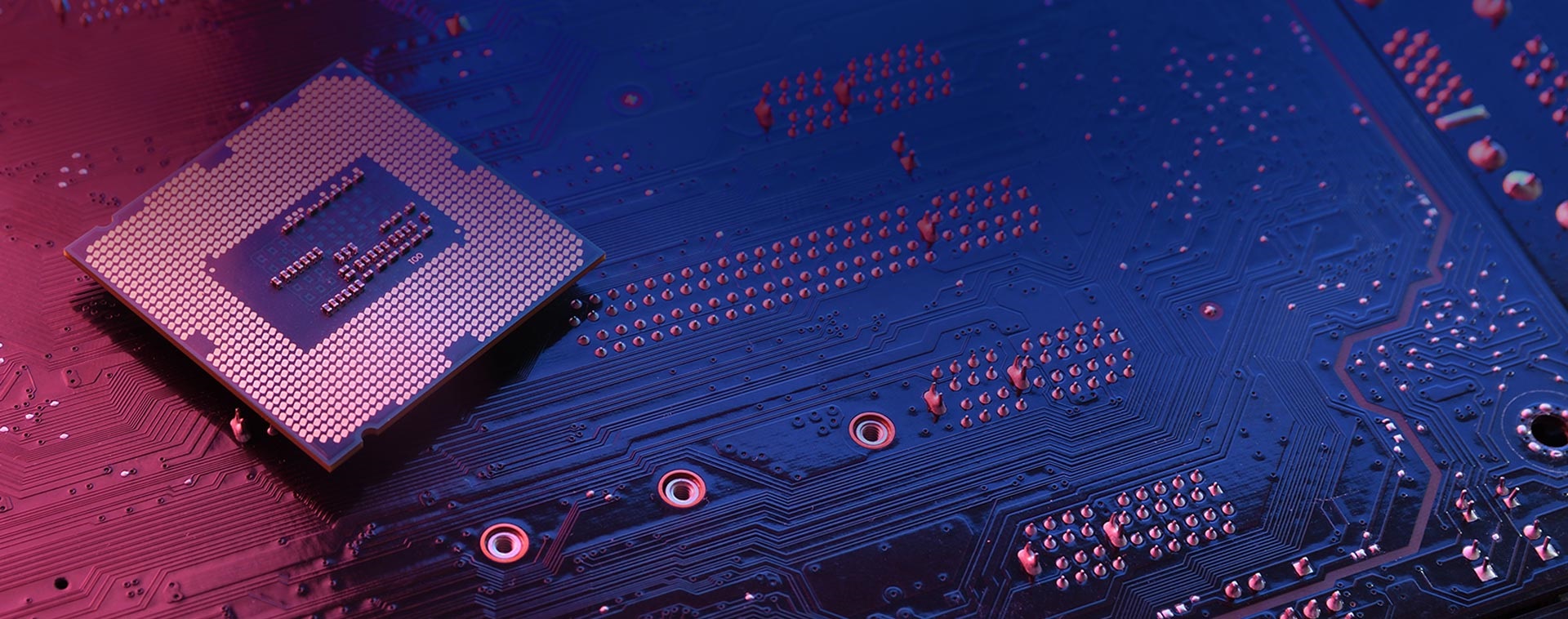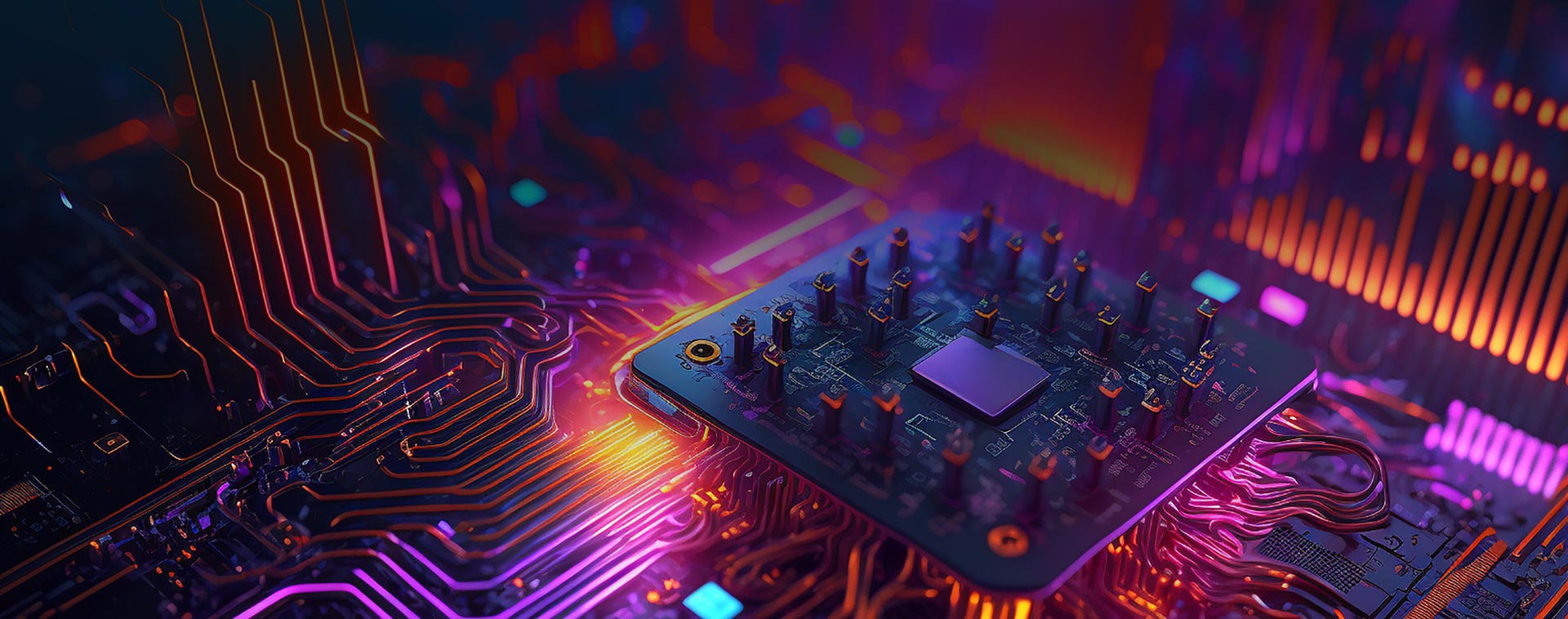About the Department
Electronics Engineers Design, develop and test electronic systems, devices and equipment. Examples of these systems include computer components, GPS systems, communication systems, antennas, satellite transponders, electronics guidance system for aircrafts, electronic control for missiles, signal processing based biomedical instruments, entertainment electronics and home applications , VLSI and ULSI chips and many more. There are several specializations within Electronics Engineering that include Automatic Controls, Digital Systems (Computer Systems), Electromagnetics, Electronics, Semiconductor Devices, Communication and Signal Processing.
The Department of Electronics and Communication Engineering at NIT Rourkela covers a host of subjects inclusive of electronic circuits, microprocessors, digital signal processing, image processing and computer vision, soft computing, analog communication, digital communication, mobile communication, VLSI, embedded Systems, electronic instrumentation, analytical instrumentation and many more. The department has laboratories catering to all the subjects of studies. Faculty members of the department are working in different specializations under the groups: Communication engineering, VLSI and embedded systems, Signal Processing and Instrumentation. Many research projects are being pursued by faculty members with funding from organizations like ISRO, DST, DRDO and BRFST.





